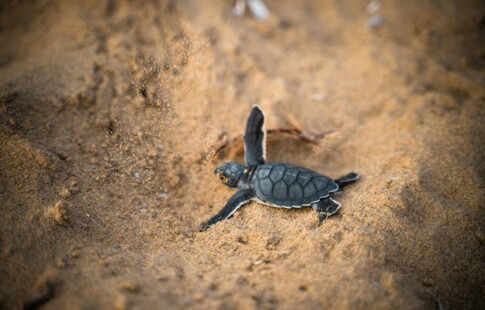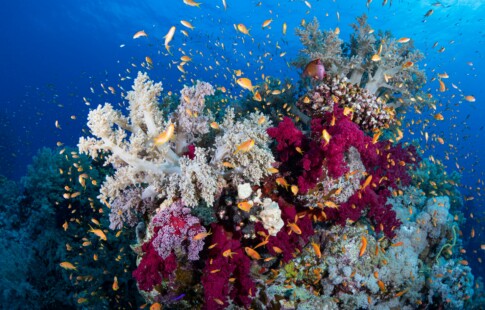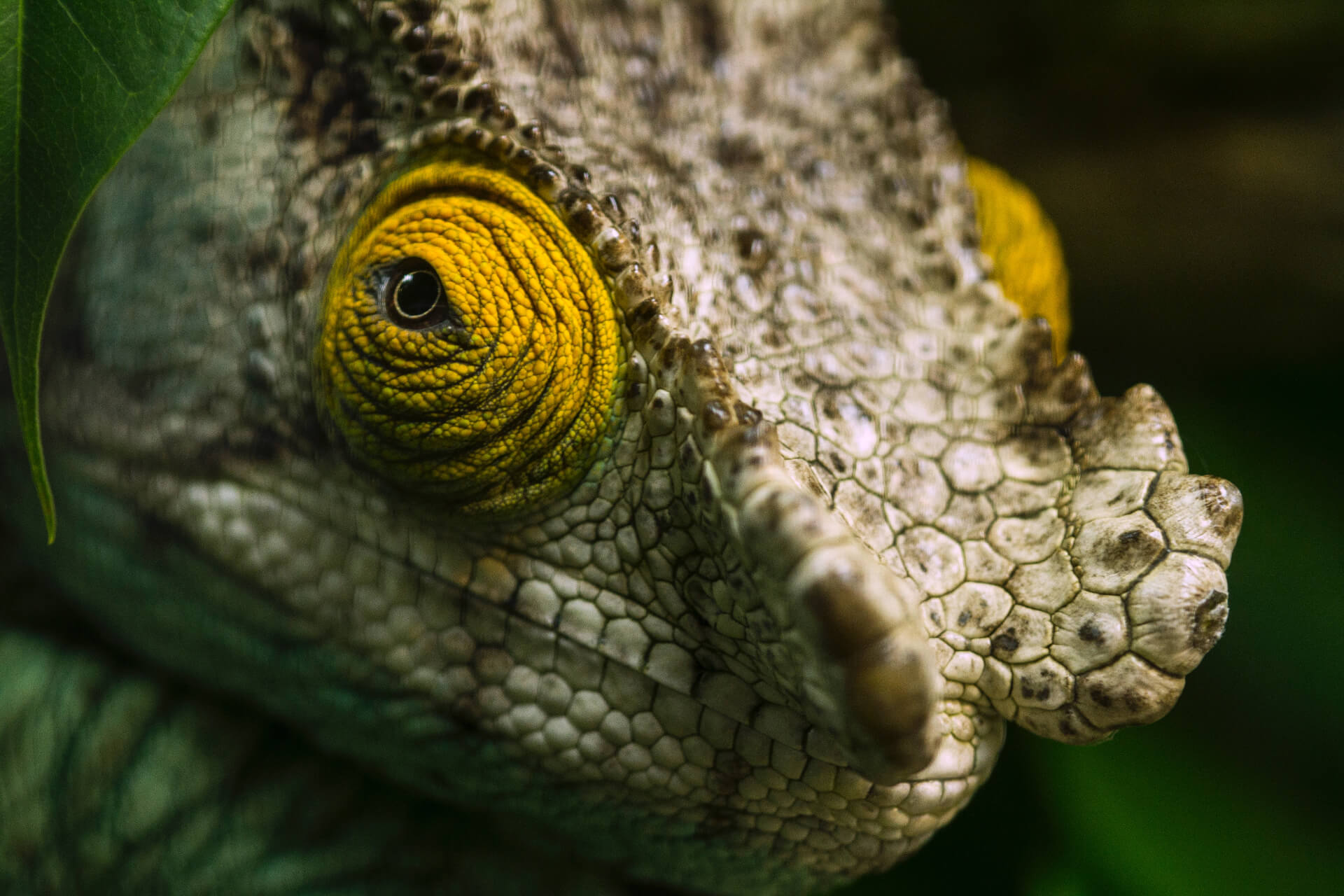
What Does Zoology Mean?
We are reader-supported. When you buy through links on our site, we may earn affiliate commission.
Whether you’re in school or a student of life, you may have wondered — what does zoology mean? Discover the nitty gritty details of this field. Who knows — it might inspire you to take a new path in life. At the very least, it will help you understand how the world understands its animals and their place in ecosystems.
The Definition of Zoology
Zoology is a form of animal study and one of the arms of biology. It’s important to note that “animal science” only refers to domesticated animals, while zoology is more all-encompassing. Zoologists care about living and extinct animals in hopes of better understanding the animal kingdom. There are numerous focuses for zoologists, including but not limited to:
- Behavior
- Distribution
- Phenomena
- Evolution
- Physiology
- Classification
- Biochemistry
- Structure
- Reproduction
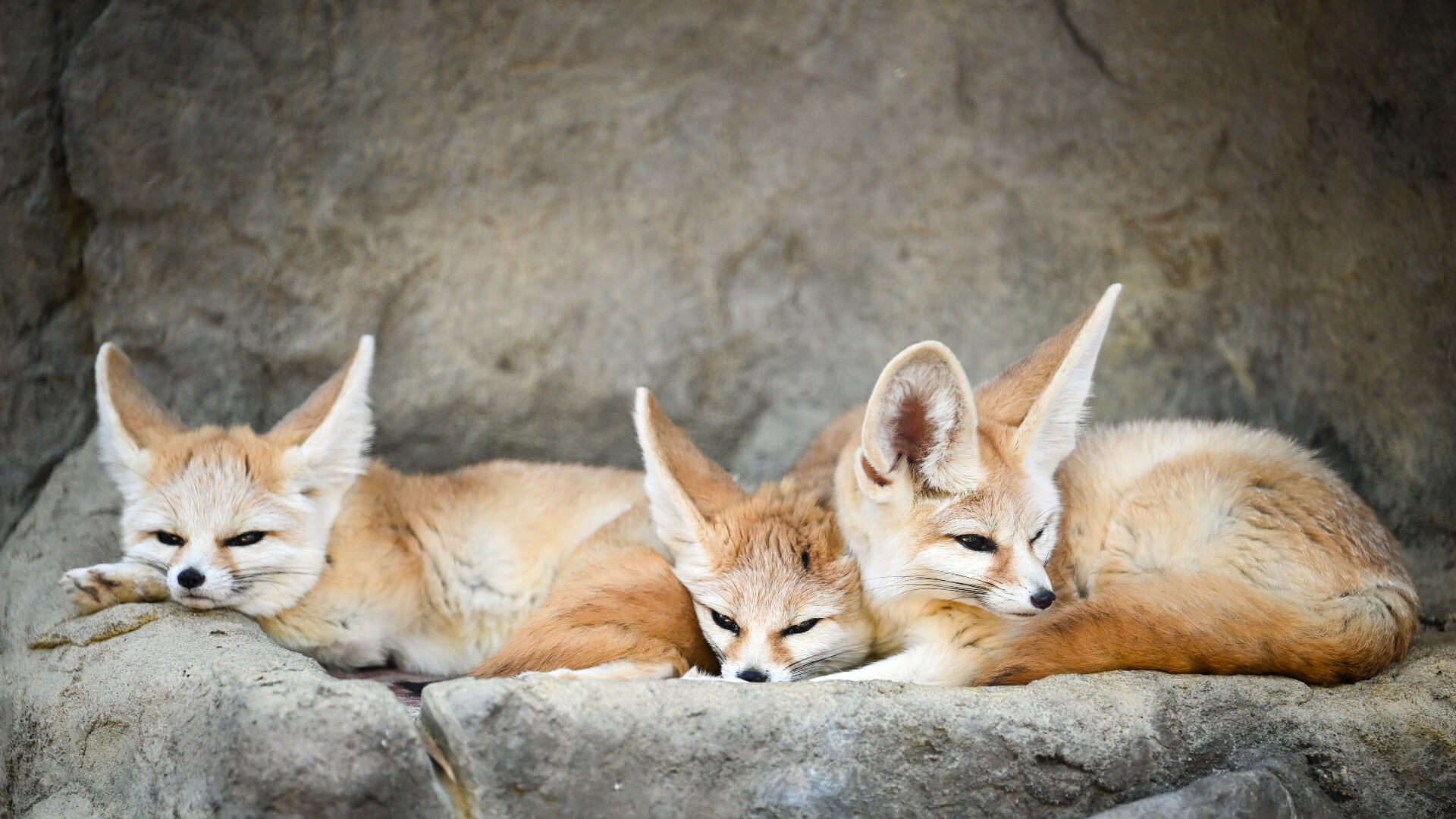
Over one hundred potential focus areas exist within zoology in an attempt to get the most comprehensive view of every species ever to exist. One zoologist may study the conservation of a specific species, while another specializes in novel neuroscience discoveries. The possibilities are as endless as the technologies we have at our fingertips.
Why is it called zoology? The term is a compound word from the Greek word “zoion” meaning “animal” and the word “logos,” which means “knowledge.” This means every animal falls under this study.
Humans are not exempt — they are a part of zoological studies, too. Animals are humans, after all. However, human-centric studies include even more fields of analysis that are specific to Homo sapiens, such as spirituality, morality, and some psychological tendencies.
What is fascinating about zoology is that plenty of areas of study are irrelevant to humans because of the sheer diversity of animals. Consider animals that rely on asexual reproduction or the mysterious connections between mammals like dolphins and orcas.
The Branches of Zoology
Zoology is too expansive to cover everything under the term, so experts created more specific animal studies branches. Sometimes, branches refer to the aforementioned topical specialties. However, branches of zoology also encompass the different animals researchers specialize in. They include a surprisingly specific list of designations, including but not limited to:
- Primatology: Primates.
- Entomology: Insects.
- Herpetology: Amphibians and reptiles.
- Ornithology: Birds.
- Malacology: Mollusks.
- Ichthyology: Fish.
- Mammalogy: Mammals.
These are the major ones, but they can even get more specific. For example, some zoologists study insects but specialize in arthropods or arachnids — arthropodology and arachnology, respectively. Herpetologists might focus on lizards in saurology or turtles in cheloniology. You can’t leave out small and even microscopic organisms like plankton or protozoa. Planktologists and protozoologists take care of these realms.
This isn’t even an exhaustive list.
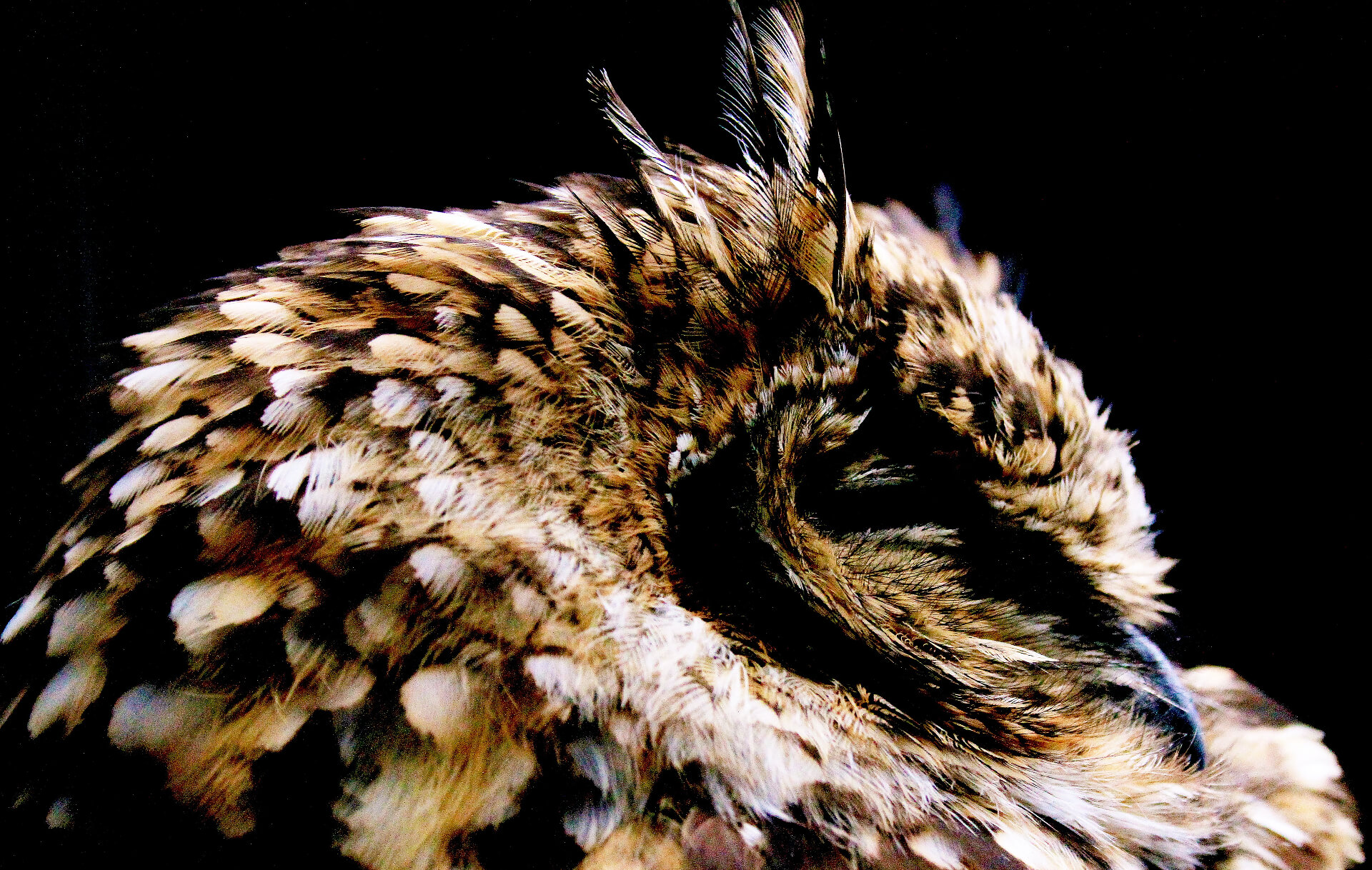
Many zoologists pick a concentration and focus there to dig deeper into a specific taxonomy. It could take someone’s life to become a master of a single species, let alone an entire branch. Some may even choose their direction based on whether or not the animal falls under vertebrates or invertebrates. The reason someone chooses to study particular animals is diverse and personal.
What Is the Role of a Zoologist?
Not all zoologists work in zoos, despite what the name may indicate. The field is arguably one of the most diverse because people can study animals in almost any sector. Zoologist is a term for countless professions, including:
- Marine biologist
- Zookeeper
- Lab tech
- Veterinarian
- Microbiologist
- Educator
- Environmental scientist
- Conservation expert
- Scientific writer
- Animal nutritionist
- Paleontologist
This is why it is impossible to define what the role of a zoologist is. They could work for nonprofits, governments, or private businesses. They could develop products or only work directly with the animals. Some zoologists travel frequently, while others remain in labs or universities.
The fascinating part of zoology is its potential to grow. New areas will arise as new species make themselves known. Additionally, new technologies could expand the scope of zoology into never-before-seen territory. Consider how animal studies will change with the advent of smart technology or artificial intelligence. There will be roles in the field that didn’t exist ten years ago, and the future might bring even more opportunities for animal lovers.
Why Would You Consider Zoology as a Career?
The climate crisis is causing more animals to be in danger than in history. With rising natural disasters and volatile weather, species’ behaviors are disrupting. They are not repopulating in the same way or following the same migration patterns. Their habitats might be under threat from anthropogenic climate change or global warming.
Consider how polar bears and penguins are fragmented because of ice caps melting or how wildfires are displacing countless forest-dwelling species. You may feel inspired by these events to take action by finding ways to help them from harm.
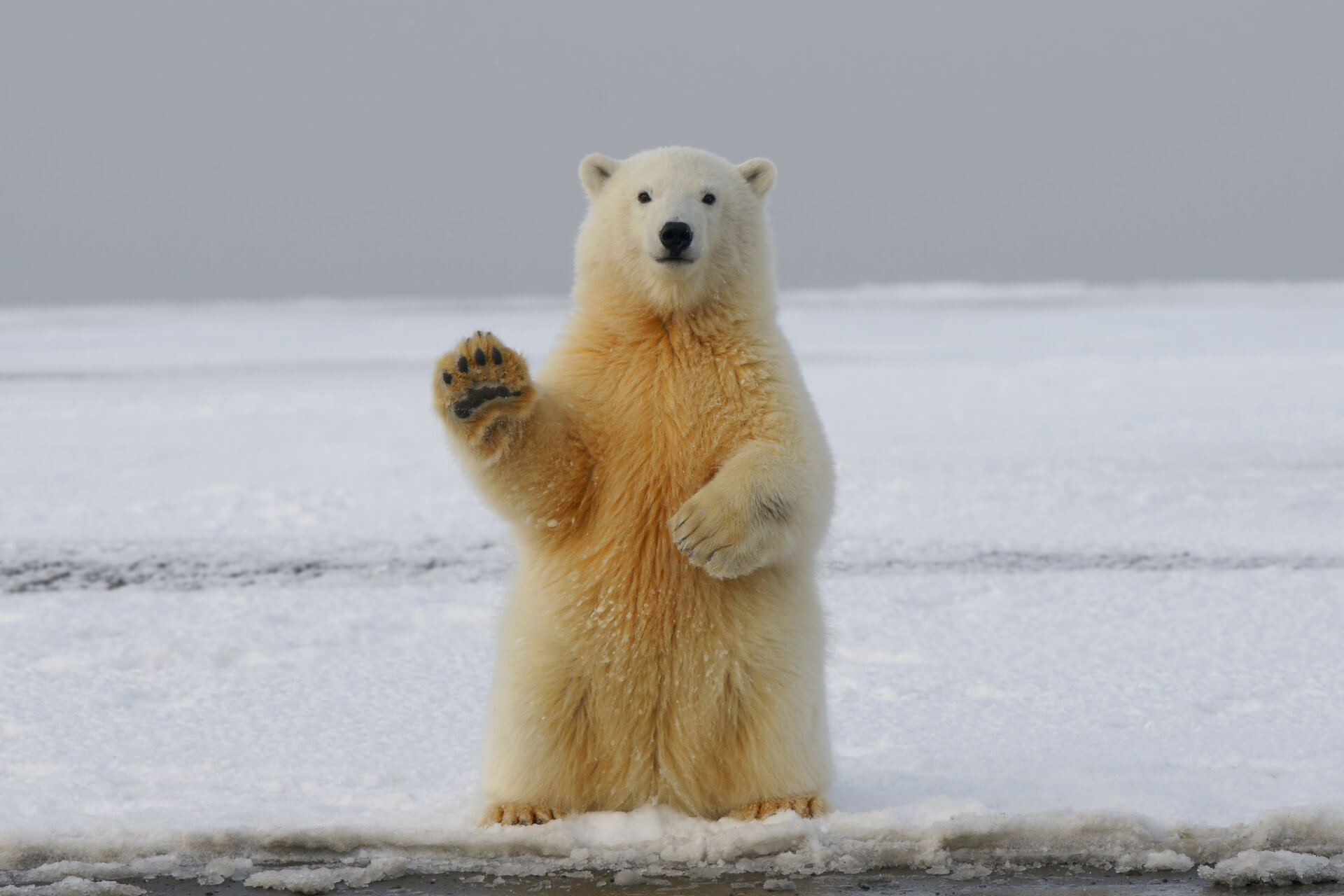
Zoos are also becoming more controversial as advocates in recent history have exposed countless abusive practices. Someone may enter the animal sciences to instigate zoo reform with a conservationist and education-focused mindset instead of purely entertainment.
People tend to fall into these careers because they care about animals so much that they don’t want to see them suffer anymore. Consider cultural icons like the late Steve Irwin and how much his passion for the planet seeped into the general population.
There are numerous philosophical and practical debates on animal rights and whether or not animals should have the same privileges and respect as humans. Zoologists are more likely to view animals as equal, as it is counterproductive to have any other views, with humans being animals themselves.
What Does Zoology Mean Regarding Climate Change?
Getting people interested in zoology has never been more essential. The number of threatened species increases yearly, but this should not diminish the efforts of those in the sector worldwide. Some species have been saved from extinction or unjust conditions because of animal scientists. Others have persisted as zoologists stop poaching, overfishing, and other illegal and unethical animal treatment.
This field of study is expansive and will only get more as humans understand animals more deeply. Humanity is far from unveiling every existing species, so zoology has built-in excitement concerning the unknown. There is always something new to discover and learn on this seemingly infinite planet of possibilities.
Share on
Like what you read? Join other Environment.co readers!
Get the latest updates on our planet by subscribing to the Environment.co newsletter!
About the author

Jane Marsh
Starting from an early age, Jane Marsh loved all animals and became a budding environmentalist. Now, Jane works as the Editor-in-Chief of Environment.co where she covers topics related to climate policy, renewable energy, the food industry, and more.



